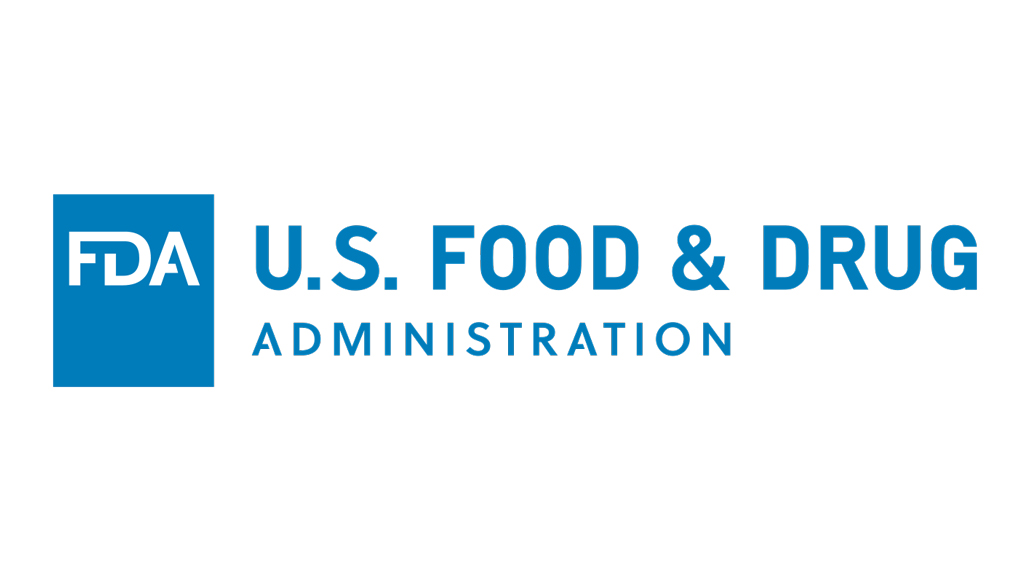The U.S. Food and Drug Administration (FDA) announced that it will issue approximately 100 cease-and-desist enforcement notices alongside thousands of warning letters directed at pharmaceutical companies. The move underscores the agency’s determination to ensure that direct-to-consumer drug ads fully comply with long-standing regulations, according to senior officials.
According to the FDA, the enforcement action centers on ensuring advertisements do not create a misleading impression of prescription drugs and that all potential side effects are disclosed in a transparent manner.
“There are ads that are clearly crossing the line with respect to the regulation, making any potential future legal action, I think, pretty clear cut,” one senior official noted, underlining the agency’s sharper approach to oversight.
In parallel with the FDA’s initiative, U.S. President Donald Trump signed a presidential memorandum, directing his administration to strengthen oversight of direct-to-consumer drug ads. The action is designed to improve both accuracy and transparency in pharmaceutical advertising against misleading drug advertising.
“Pharmaceutical ads hooked this country on prescription drugs,” U.S. Health and Human Services Secretary Robert F. Kennedy Jr. said. “We will shut down that pipeline of deception and require drug companies to disclose all critical safety facts in their advertising.”
PhRMA, the leading lobby group for the pharmaceutical industry, responded by affirming its commitment to responsible advertising. “DTC advertising provides patients with important fact-based, useful and accessible information about potential treatment options,” the group said in a statement.
The presidential memorandum and FDA actions coincide with the release of a new report on children’s health from Kennedy’s Make America Healthy Again Commission. Officials highlighted that enforcement of drug ad regulations to curb misleading drug advertising has been inconsistent in recent years. Notably, the FDA did not issue any enforcement letters related to advertising practices last year.
While officials declined to name the companies receiving enforcement or warning letters, they confirmed the scope extends beyond traditional pharmaceutical firms. Online pharmacies have also come under scrutiny for not adhering to the same standards as established drugmakers.
The administration is additionally examining the growing influence of social media in pharmaceutical marketing. Officials indicated that new measures are being prepared to address loopholes that allow companies to redirect patients to external websites for side-effect information, rather than including it directly in direct-to-consumer drug ads.
At this stage, the White House stated no further presidential actions are planned, describing the memorandum as “the strongest, boldest action that we can take on making sure that patients have adequate safety information.”
During his first term, President Trump had attempted to introduce a rule requiring pharmaceutical companies to disclose wholesale drug prices in television ads. However, U.S. courts ruled in favor of major drugmakers, striking down the proposal.























